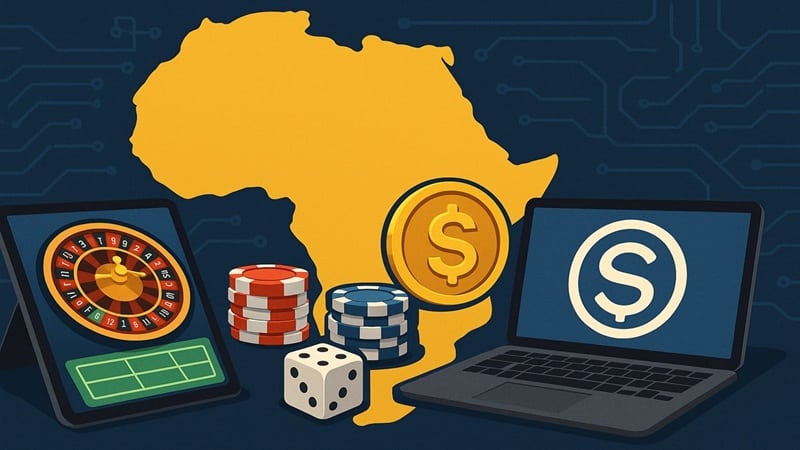
Africa Stablecoin Summit draws 300 leaders to discuss crypto’s role in reshaping the continent’s $300B digital currency market.
The Africa Stablecoin Summit 2025 concluded in Johannesburg this past week, bringing together over 300 leaders from central banks, regulatory bodies, and fintech companies.
Over the course of the two-day gathering focused on how dollar-pegged digital currencies could reshape the region’s financial infrastructure, but what does this mean for South Africa’s online gambling sector?
Understanding the Summit’s Core Mission
The event addressed three critical challenges: crushing currency volatility, fragmented payment systems, and exorbitant remittance costs.
With approximately $300 billion flowing through African stablecoin markets annually, these digital assets have become essential financial tools.
Representatives from Kenya, Ghana, Nigeria, Uganda, Zambia, and South Africa attended, alongside delegates from the United Nations, Pan-African Payment and Settlement System, and the International Monetary Fund.
The discussions made it clear that for stablecoins to thrive in Africa, regulatory clarity and regional cooperation will be key, as reported by The Citizen and the Rosebank Killarney Gazette.
Learn More About the Africa Stablecoin Summit: For more information and an executive summary of the Africa Stablecoin Summit, you can head directly to the website africastablecoinsummit.io. You will find the agenda, side events that took place and official press releases.
The Gambling Connection is a Regulatory Grey Zone
South Africa’s online gambling landscape remains caught in legislative limbo. While sports betting is legal, online casino gaming technically falls within the prohibited territory under the National Gambling Act of 2004. However, creative interpretations have allowed operators to offer casino-style games as fixed-odds contingencies, creating a thriving yet ambiguous market. Licensed South African operators already accept cryptocurrency payments, but the framework remains underdeveloped.
Super Group’s recent launch of ZAR Supercoin, a rand-pegged, bank-backed stablecoin for their Betway platform, demonstrates how gambling companies are positioning themselves ahead of broader regulatory clarity.
Why Africa Is Embracing Stablecoins
The continent’s adoption isn’t driven by technological novelty but urgent economic necessity. Nigeria alone processed nearly $22 billion in stablecoin transactions between July 2023 and June 2024. Stablecoins accounted for 43% of all crypto transaction volume in Sub-Saharan Africa in 2024. Many African currencies have depreciated significantly, making dollar-pegged stablecoins attractive for preserving value. Banking infrastructure remains patchy while mobile phone penetration is nearly universal, making blockchain-based solutions more accessible than conventional banking.
On the other hand, traditional cross-border payments charge fees exceeding 10%. As most crypto enthuasts already know, stablecoins reduce this dramatically.
The Curacao Conundrum
Do locally-regulated stablecoins really matter when dozens of Curacao-licensed online casinos already accept USDT, USDC, and other established stablecoins with far more extensive game libraries and competitive bonuses? The answer lies beyond mere transaction capability. Curacao-licensed operators do offer comprehensive stablecoin support with immediate access for South African players. However, three factors distinguish locally-regulated frameworks.
Domestic regulation provides consumer protection mechanisms such as dispute resolution and legal recourse that offshore jurisdictions often lack; locally issued stablecoins offer seamless rand-to-crypto conversion without the complexities of international exchanges; and tax compliance becomes more manageable within regulated domestic frameworks. The reality is that experienced South African gamblers will continue to use whatever platform offers the best combination of game selection, odds, and convenience—whether Curacao-licensed sites that accept USDT or locally licensed bookmakers.
The stablecoin regulatory push matters more for mainstream financial inclusion than for crypto-savvy gamblers who’ve already navigated offshore platforms.
Casinoplusbonus Take on the Africa Stablecoin Summit
The Africa Stablecoin Summit represents continental ambitions to develop indigenous digital currency infrastructure rather than remaining dependent on foreign-issued tokens. For gambling specifically, the immediate impact will be modest. South Africa’s online casino regulatory limbo won’t be resolved by payment innovation alone.
Until comprehensive online gambling legislation passes, the stablecoin conversation exists parallel to, rather than integrated with, the gambling sector. South African players will continue to gravitate toward whichever platforms offer their preferred games and payment methods, whether through Curaçao-licensed operators or local bookmakers. The summit’s true significance may only become apparent if pan-African stablecoin rails successfully create competitive alternatives to entrenched offshore gambling platforms.
Until then, it’s evolutionary rather than revolutionary, important for Africa’s broader digital economy, but unlikely to dramatically reshape where or how South Africans choose to gamble online.


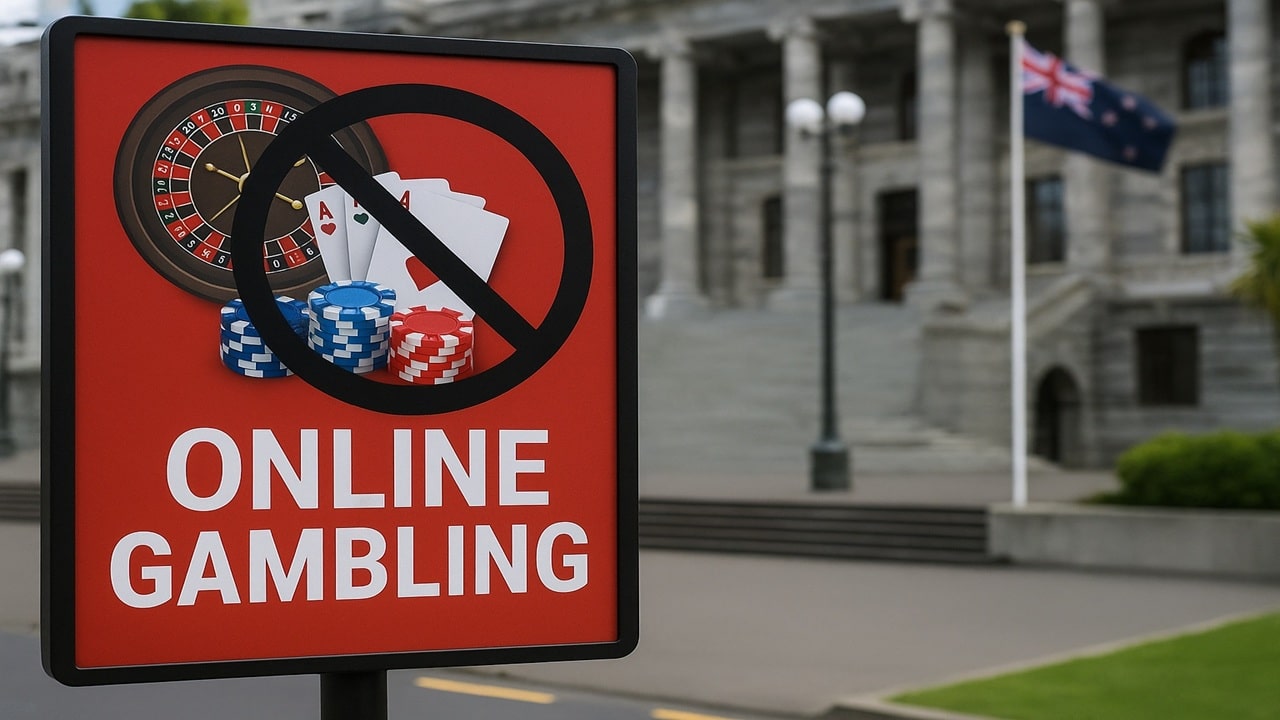







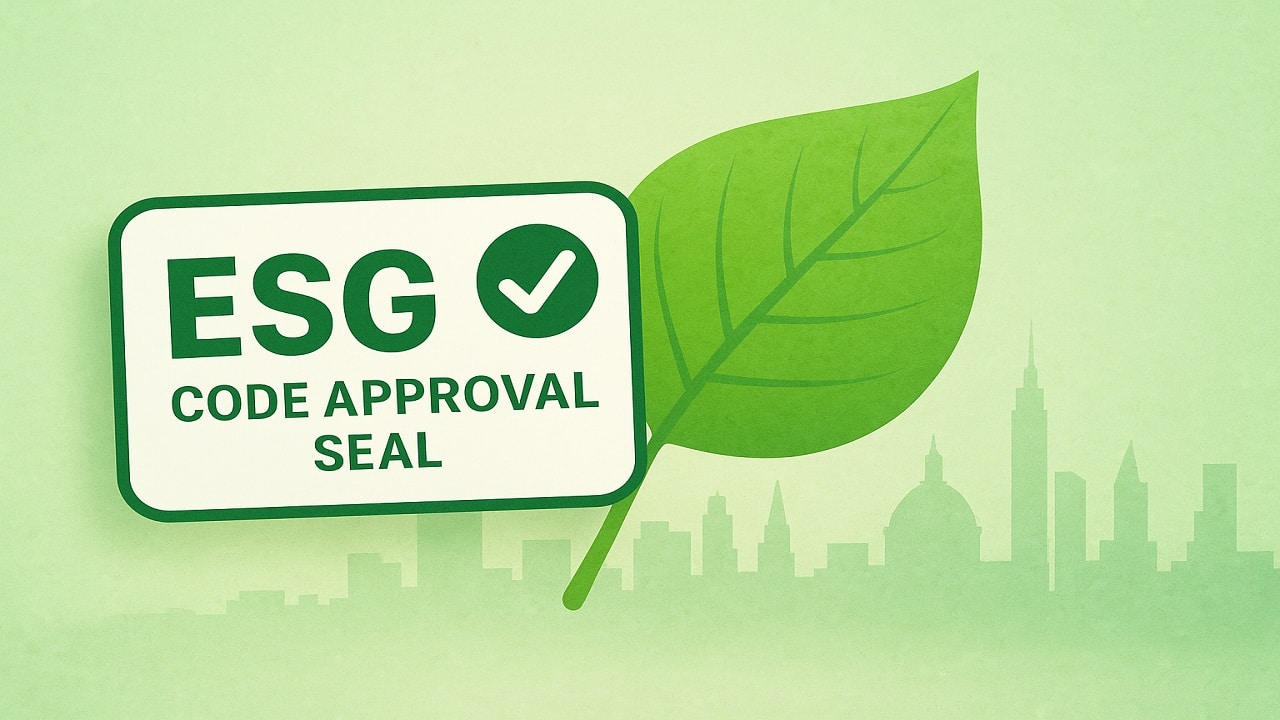



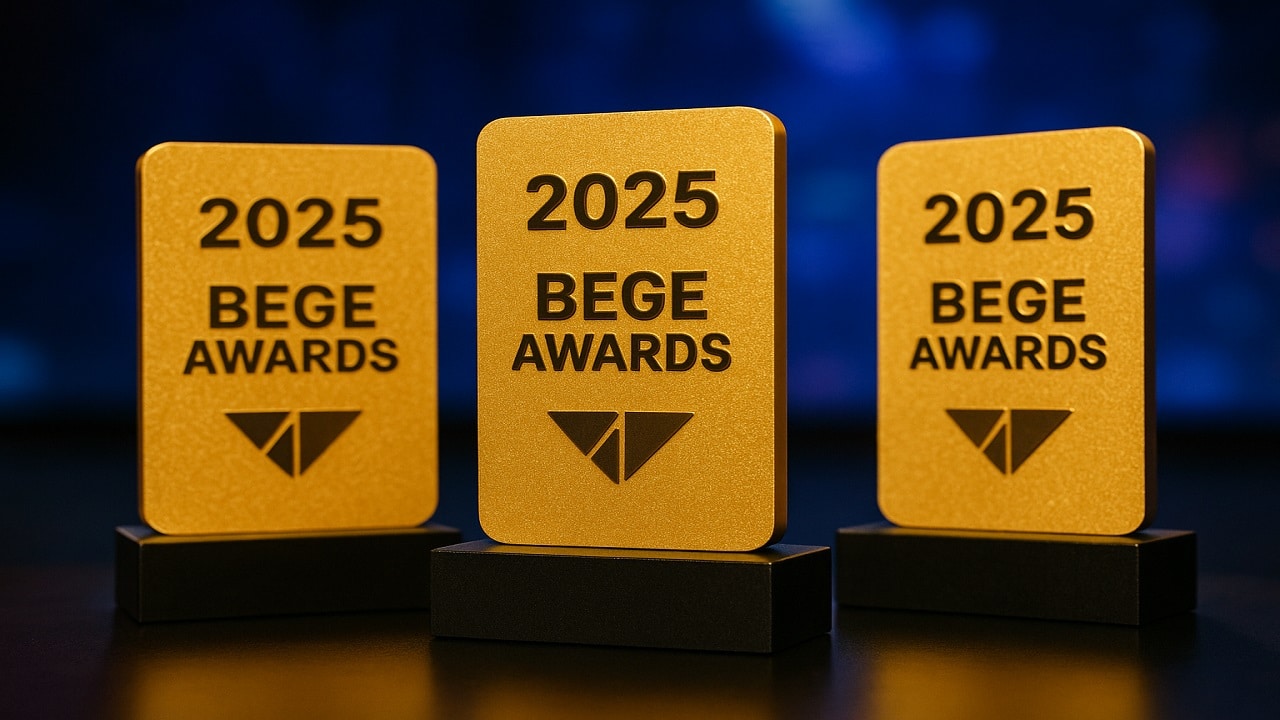

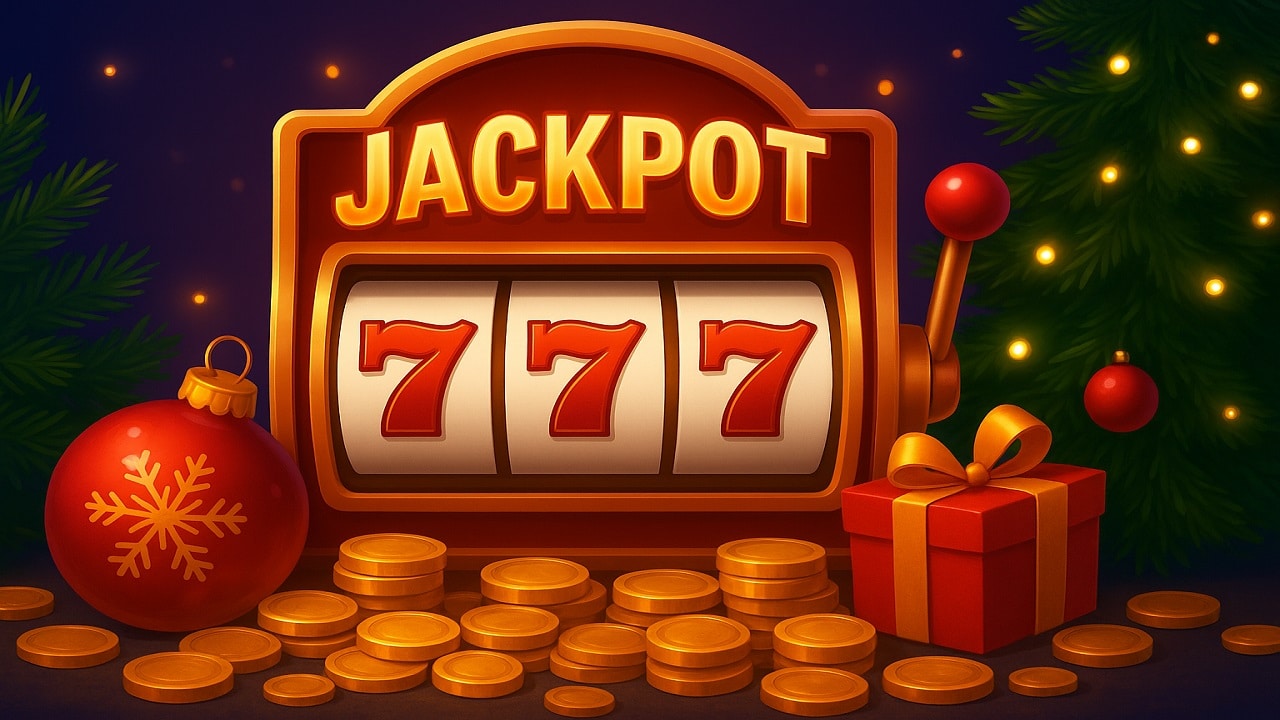



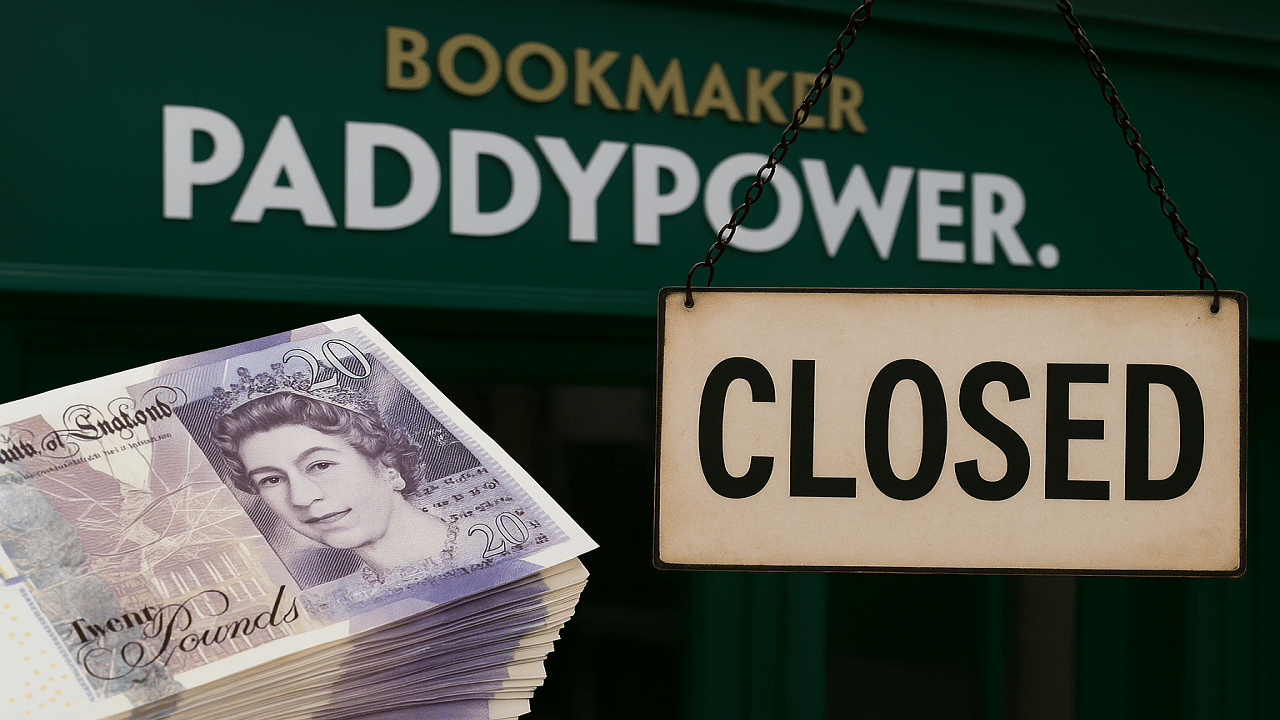
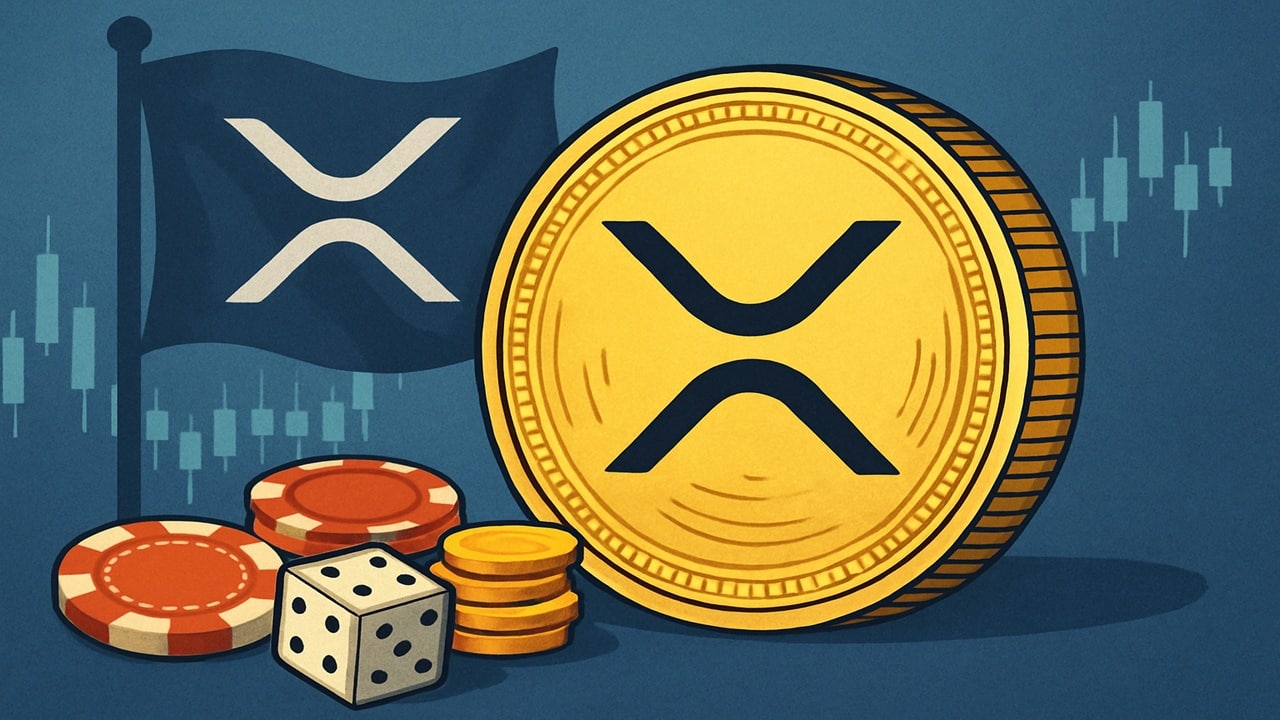





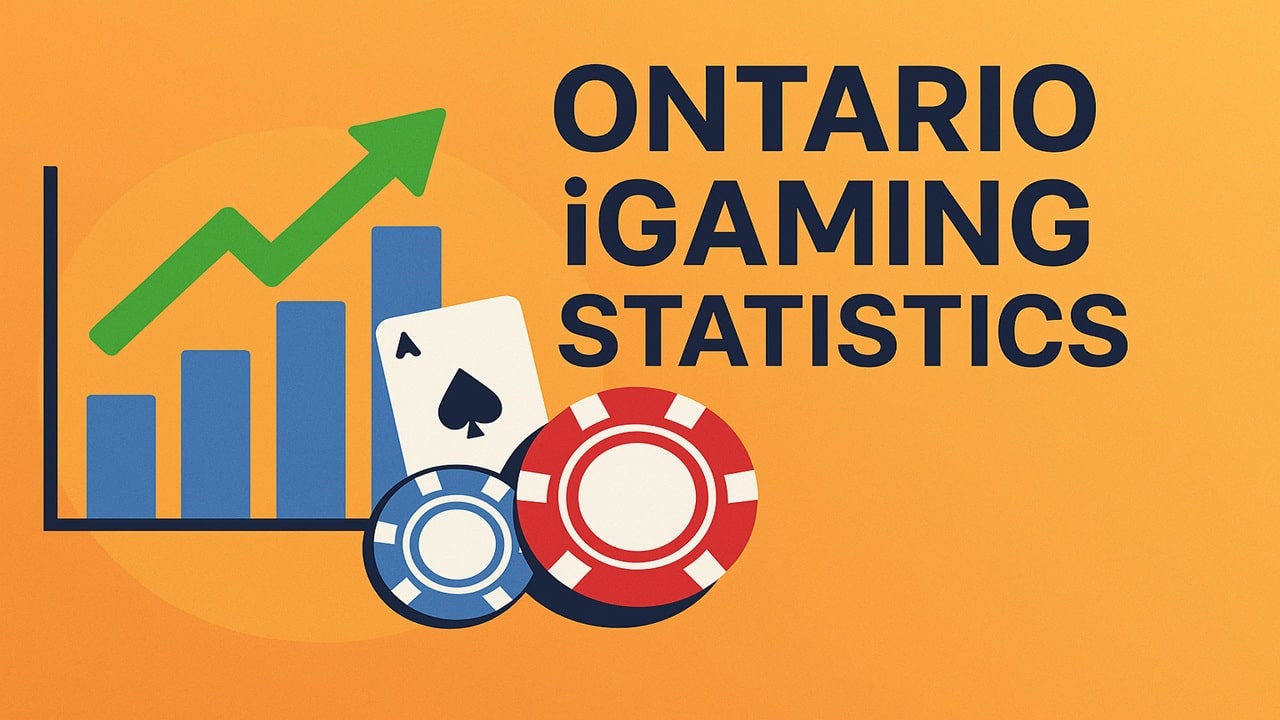



Leave A Comment